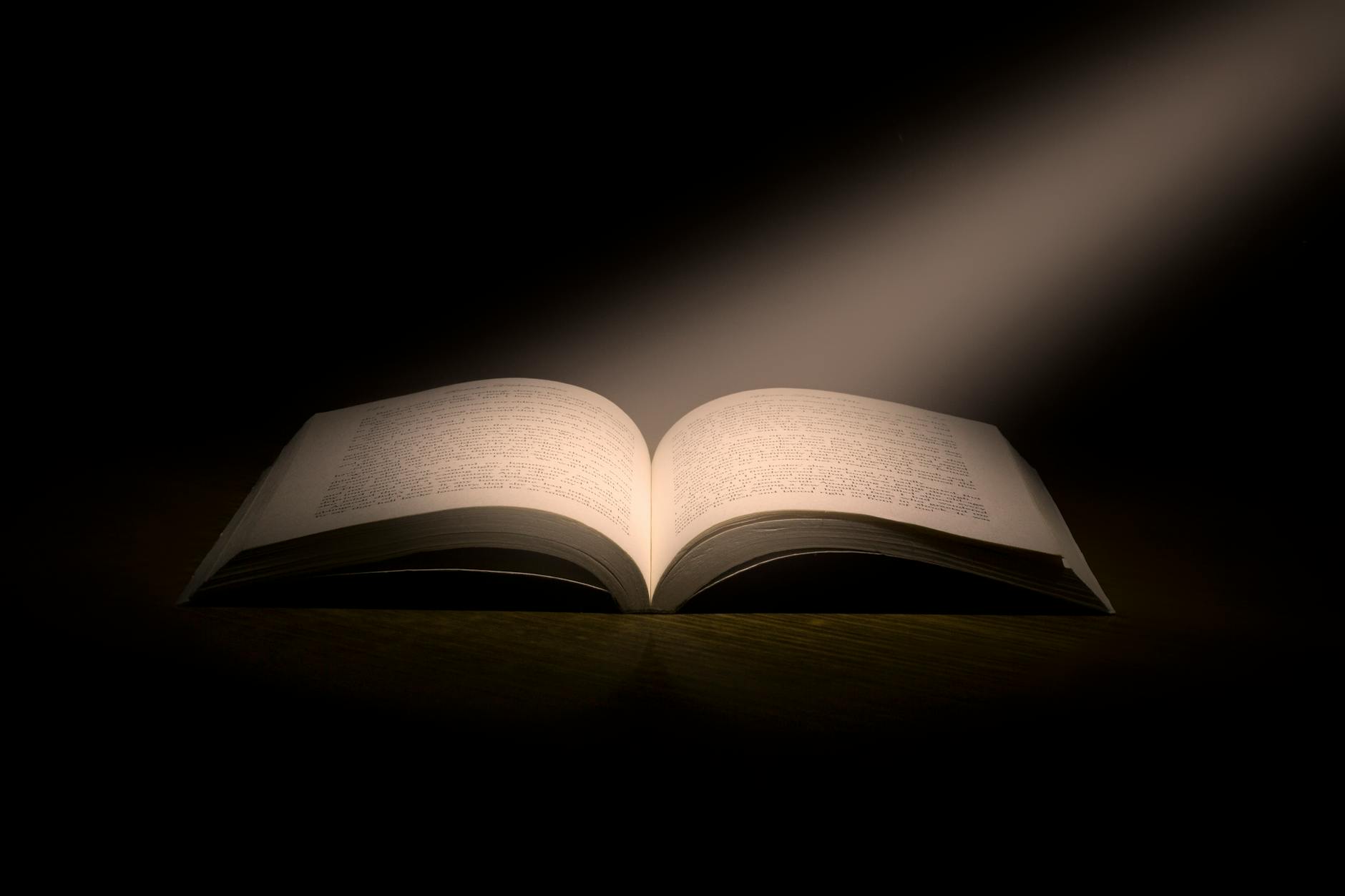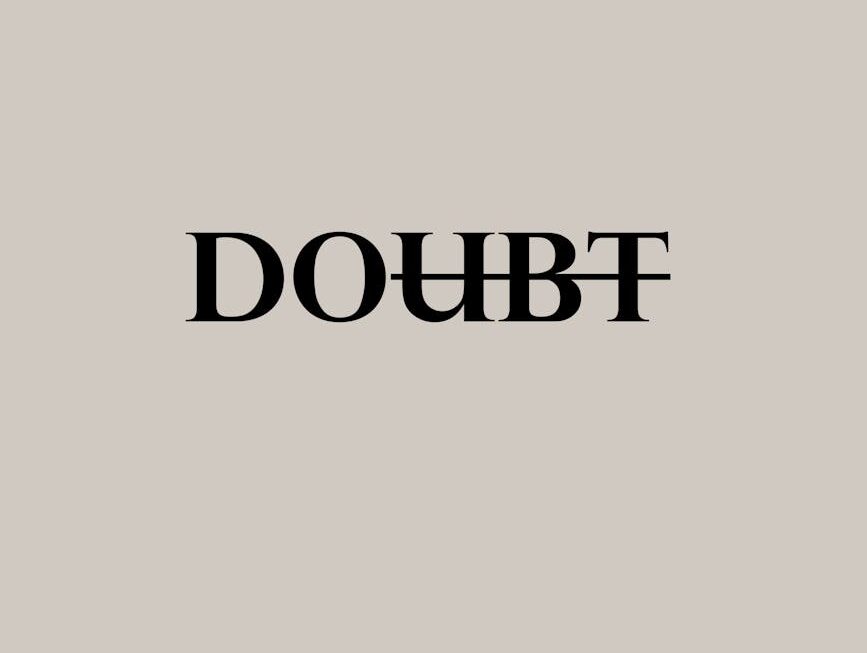This is a response to a particularly thought-provoking newsletter from one of my favorite Substack writers. It’s part of her 28-day Writer’s Notebook challenge to find joy in writing again. This particular post from Collected Rejections gave me pause. Valorie Clark discusses the word “inevitability,” its roots, and the conclusion she comes to is that the only thing that’s inevitable is an end, that gravity will always beat you.
While Valorie is unsure if humanity was inevitable, I’m delving into this concept head-on. Now, Humanity, in the eyes of many scientists, was not inevitable. In fact, many believe that humanity was an accidental byproduct of directionless evolution. I don’t believe this at all, as the idea of beings with a capacity for reason as ourselves couldn’t have been without purpose. In any case, human progress is not inevitable, as so well explained by the Reverend Martin Luther King, Jr. when he said:
“Human progress never rolls in on wheels of inevitability. It comes through tireless efforts and persistent work…Without this hard work, time itself becomes an ally of the forces of social stagnation” – MLK
This quote is mentioned as the basis for an entire student essay by Joe Sutcliffe called “Is Human Progress Inevitable?” The gist is that people are mistaken in the ideas of modernization theory in which globalization is seen as an inevitability, that the homogenization of humanity is likewise inevitable. I entirely agree with Sutcliffe. The only thing I believe is inevitable is human entropy.
How Human Entropy is Inevitable
As Farham Street explains, entropy is “a measure of disorder, which explains why life seems to get more, not less complicated as time goes on.” It’s much like “nature’s tax.” No matter what you do, as time marches forward, everything devolves into chaos. In my view, the only way to overcome becoming entirely swallowed up by entropy is to leave behind a legacy, something with some sort of permanence.
Some people view their legacies as having children. But, besides genetic legacies, human beings have a unique opportunity among creatures on this planet to leave more behind than just their physical remains. We have a chance to leave a lasting impact on our world, and potentially the universe at large, by putting our ideas to work and affecting the lives of others, hopefully positively. The only immortality that truly exists for humanity is in our works, whether they are widely remembered or not. As long as record of them exists for someone to find, we achieve a sort of immortality that somehow overcomes the entropy that is, in fact, inevitable.
You may noticed how I linked to an article from Biologos, a Christian faith-based organization, early on in this essay. This is because I partly agree with some of what Darrel Falk writes in his own short essay. He quoted paleontologist Conway Morris as saying:
“The universe from a theistic viewpoint, from a Christian viewpoint, is utterly contingent. It needn’t exist at all, more particularly it could be anything which God so chose. Science is an open-ended adventure; we don’t know where it’s going to end. People who think religion is simply a set of answers to keep you comfortable are, I’m afraid, sadly mistaken—it is an open-ended adventure. We don’t know, really, what the nature of the universe is. We don’t know why we have our moral, ethical, intellectual and poetic capacities. I know they come from an evolutionary basis, I have no quarrel with that. But so far as I’m concerned, we are going on to completely new territory and my view would be that in fact the religious instincts and the religious teachings actually tell us something real about the world. They’re not simply fairy stories.”
While theology is a remarkably intellectually robust field, I don’t agree with Falk that theologians have all the answers. I do agree with Morris’ own words, that Life is an open-ended adventure, with entropy as the main villain. I also agree that there is more to existence than simply coming into being and then simply ceasing to exist by the very will of entropy. After all, the fact that the Universe clearly has plenty of design put into it proves that it wasn’t a bizarre and happy accident. While I believe the Christian Creation story is extremely oversimplified, it doesn’t contradict evolution at all; all it does is put a Divine Mind behind it, something to this day I still full-heartedly believe.
It’s my strong belief that humanity was, in a sense, inevitable, but not so much humanity as we know it. I don’t believe that the Universe was created specifically for humans; that’s an unnecessarily narrow and selfish viewpoint. However, I believe that sentient species like humans were inevitable because the Universe is simply too beautiful, wondrous, and intelligently designed to not have creatures in it that rise above the beasts and ascend to actively shaping the worlds and systems around them.
Does Writing Save Human Moments and Ideas From Entropy?
Now, I’ll circle back to what I’ve discovered with the writings of my own Writer’s Notebook entries, inspired by Miz Clark’s efforts. When composing the first draft of this essay, I was but twelve days into the exercise. While it sounds awfully cliché, this new daily note-taking approach changed everything about how I approached writing. As it happens, creating some permanence to my daily activities in a structured three-pronged way has helped me immensely. In a sense, I was protecting my ideas and important moments from each day passing too soon into entropy.
Previously, I’ve had writer’s notebooks; I purposely did not capitalize those words, as they pale in comparison to what I create now. I used to write in spiral-bound notebooks and more recently Moleskine books. I’ve dabbled with commonplace books plenty of times over the years, but they always became abandoned.
The vast majority of my daily activities revolve around reading things I find online and watching streaming services or YouTube videos. So, I decided to open a document every day, and within it classify all my thoughts under three umbrellas: What’s Been Happening, What I’m Reading, and What I’m Watching. While they aren’t always designated into neat sections, the content of each day’s entry contains such information, along with random things I’m thinking about as I write.
With this new note taking strategy, I’ve discovered that there’s significant context provided to these moments and activities that otherwise would be entirely forgotten were they not chronicled in this way. Previously, I had similar “Pages” in which I collected my daily thoughts; I gave it up when the notes became too isolated from one another, disparate and disconnected. Who knows how many things that should’ve been noted are lost to time, to entropy?
Now that I’m constantly organizing my thoughts and giving them more permanence, without feeling forced in any way, the organic growth of my current notebooks is creating far more permanent connections in my mind. The thoughts are flowing from one into another almost seamlessly because there is now organic connection and context given to them. Topics are finally beginning to lead into one another.
One major article I’d soon write would be fed by several other shorter essays written recently before it. Previously, I would write down an idea in total isolation from all the others around it; many of those ideas still now are but a single line of text, likely to be ignored and forgotten for months or years to come, simply because I don’t know how to connect it to anything else.
Before I started putting historical importance on every day’s events and what content I’ve been consuming, most of what I’d write down just remained as trifles, nothing more than something that seemed like a good idea at the time. In 2021, I resolved to putting together a book that collected all of my past articles about writing, and another book that collected all of my motivational and mental health essays. At first, these projects fell apart because while the writing was fine, none of them led into one another. It would’ve just been two works of collected essays with nothing to hold them together.
Taking Notes Keeps Valuable Connections From Vanishing into Entropy
Now, thanks to my Writer’s Notebook entries, I can build up consistent and regular momentum by always putting down things in writing. Even an article or video that seems entirely unimportant could later become a topic worth talking about. The nuances of day-to-day life often contain the greatest writing topics because they’d otherwise be things you’d overlook were you not to take note of them. Even talking about the games I play and things I watch for leisure is important because it keeps me writing, making connections, and exercising my brain and mind.
I’ve long desired to create books of collected works because I didn’t want these essays to be forgotten, lost to entropy. My website isn’t going anywhere any time soon, but I can’t pretend that it will exist forever. This is why I must eventually put the most important and evergreen works from my archives into some sort of collection, so that copies are distributed far and wide.
I suggest that every writer and every sort of artist do this, even if you don’t plan on trying to earn from it. Collect your best work, acquire the necessary copy-writing protections, and get it out there. It doesn’t have to make money; it simply needs to be out there and given absolute permanence in various formats. Our days are all numbered, after all. We may not think that much of our work now, but many artists go unappreciated until years after their demise. Yet, their works overcame entropy, and many works by long-dead authors and creators are still cherished today. Why? Because they understood the importance of leaving a legacy to overcome entropy.
To close this essay, I will just say this: Intelligent life, for me, is an inevitability in a universe structured like ours. It’s not that humanity was inevitable; I still believe that we were bred to be this way in some way, shape, or form, meaning that other intelligent life beyond our own level of consciousness must also inhabit this Universe. There is simply too much to appreciate, to gaze upon, to wonder at, for the Universe not to be required to create beings like us – and likely, we are far from alone in this regard – in order to give the Universe some extra flavor. After all, without flavor, what fun is it to be alive?



